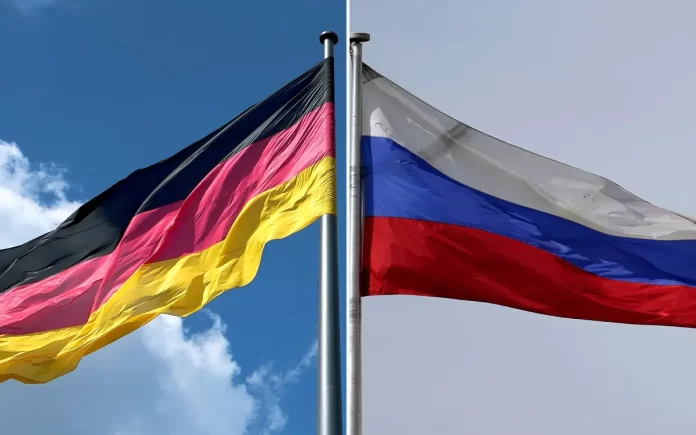Moscow/Berlin: Germany’s decision to deploy troops to Lithuania has triggered disapproval from the Kremlin, further complicating the security dynamics in Eastern Europe.
Dmitry Peskov, the press secretary for the Russian leadership, openly expressed concerns about the implications of Germany’s actions on border security, indicating a signal of rising tension in the region.
A Sign of Escalating Tensions According to Peskov, Germany’s deployment of forces to Lithuania is viewed as an escalation, prompting Russia to consider “special measures” to protect its own security interests.
“This is the continuation of inciting tension, the creation of centers of danger for us near our border, which requires us to take special measures to ensure our own security,” Peskov stated, as reported by Europeyska Pravda and Interfax.
The deployment commenced on Monday, with the gradual arrival of military personnel from the German brigade in Lithuania, totaling approximately five thousand troops.
Also Read: AI’s Impact on Copper Demand: Trafigura Predicts 1 Million Ton Surge by 2030
This initiative follows a strategic plan signed at the close of 2023 by the defense ministers of Germany and Lithuania, aimed at strengthening NATO’s eastern flank in response to evolving security challenges in the region.
Key Components of the Deployment The deployment entails the relocation of the 122nd mechanized battalion from southern Germany and the 203rd mechanized battalion from the west of the country to Lithuania.
Additionally, the NATO rapid response group currently stationed in Lithuania will be assimilated into the newly formed brigade.
German Defense Minister Boris Pistorius has outlined a timeline for the operation, with the full deployment of the brigade anticipated to conclude by 2027. This strategic maneuver aligns with broader efforts to enhance NATO’s presence along its eastern borders in response to perceived security threats.



